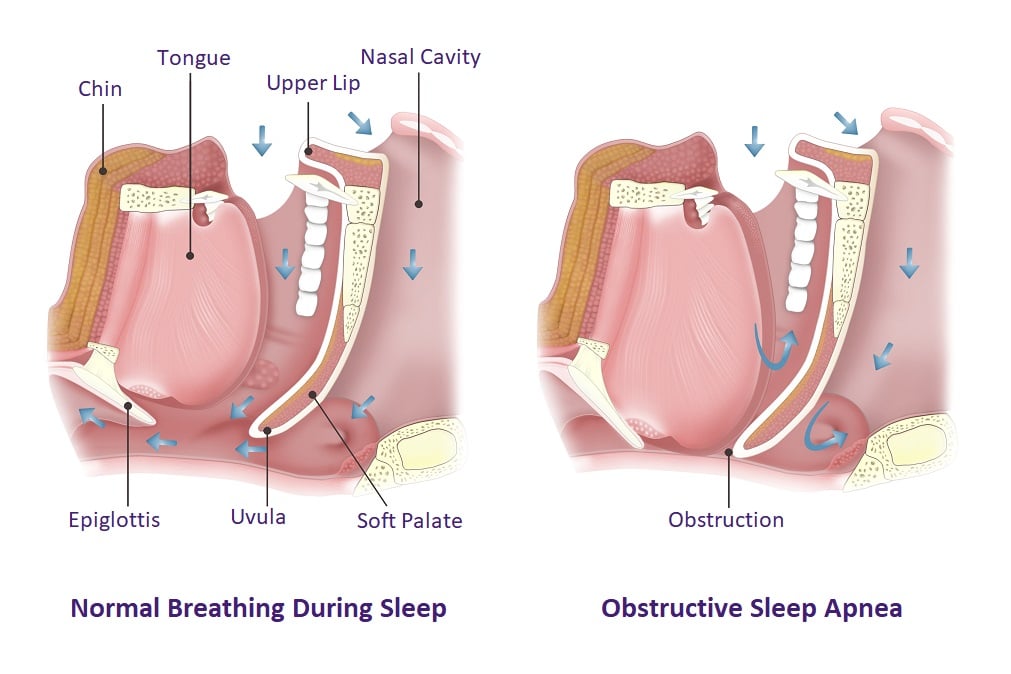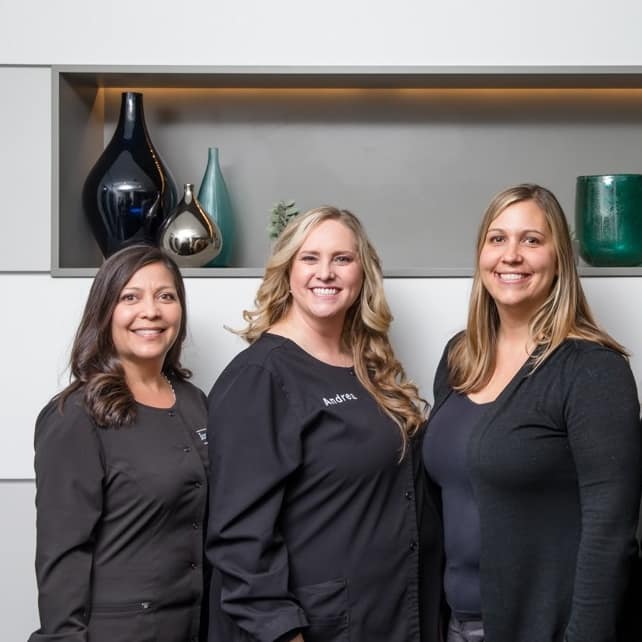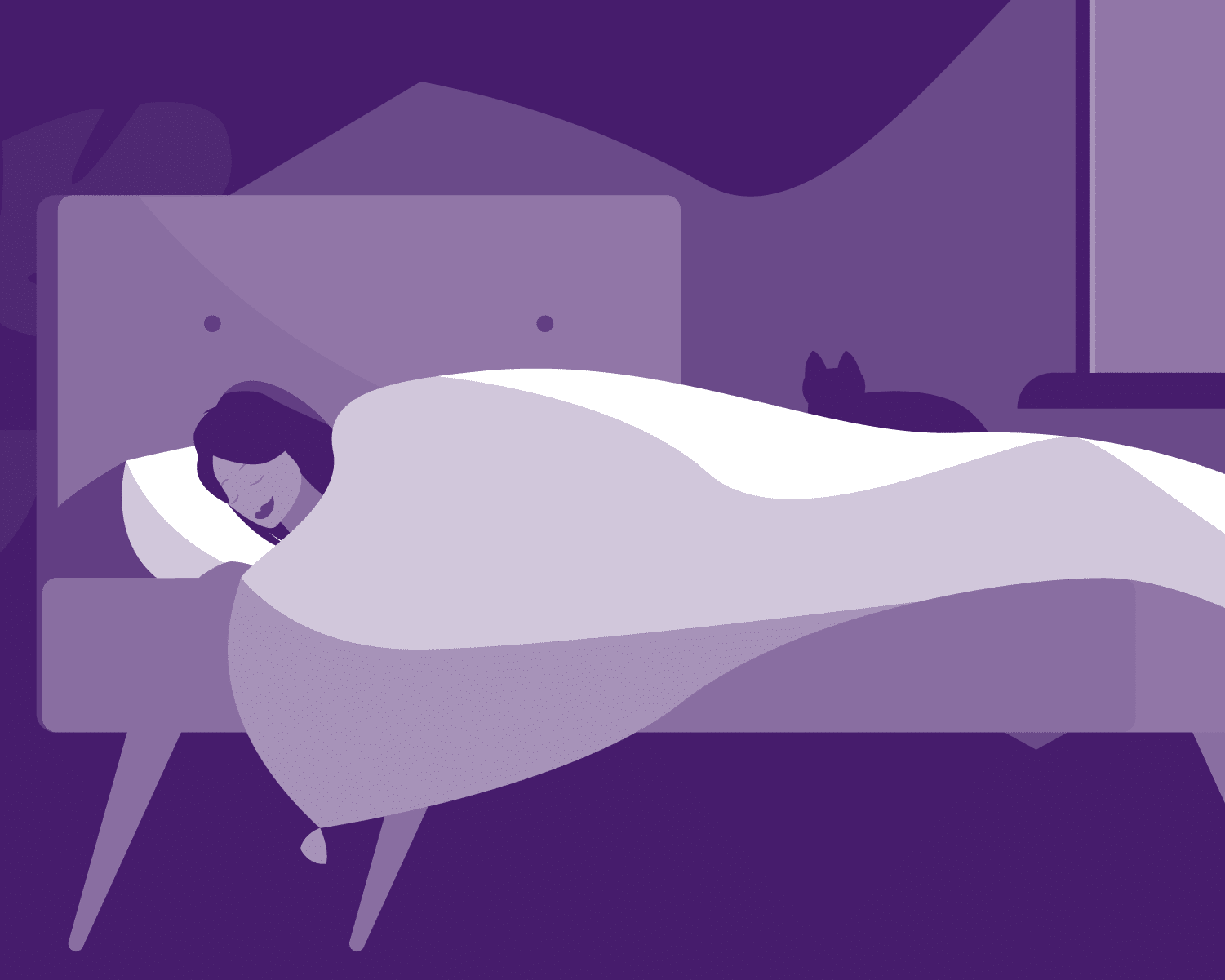Sleep Apnea


Sleep apnea is a serious medical condition that often goes undiagnosed. According to an NCIB study, 20% of the population has sleep apnea, but 90% of the cases are undiagnosed.¹ This means about 18% of the population has a serious medical condition, and they’re unaware of it.
If you have symptoms, it can be very beneficial to have a sleep study performed. In fact, the team at Longmont Dental Loft recommends that most people get tested for sleep apnea, as not everybody who has it realizes they have symptoms.
Obstructive Sleep Apnea (OSA) Symptoms
There are many signs and symptoms of OSA. Snoring is one of the most common, but keep in mind it’s possible to snore and not have sleep apnea.
The below symptoms can be signs of sleep apnea, but they can also be signs of other medical conditions. Only a sleep study can tell if you have sleep apnea.
- Decreased ability to concentrate
- Excessive sleepiness during the day
- Headaches after waking up in the morning
- High blood pressure
- Inflamed gum tissue
- Insomnia
- Scalloped tongue (due to digging your tongue into your teeth to open the airway while sleeping)
- Snoring
- Waking up at night and gasping for air
- Waking up with a dry mouth or sore throat
Obstructive Sleep Apnea Causes
There are many causes, including:
- Alcohol or drug abuse
- Allergies
- Deviated septum
- Hypothyroidism
- Large tonsils in children
- Narrow throat
- Obesity
- Smoking
How Do I Stop Snoring?
When most people think of sleep apnea, they tend to think of snoring because most people with the condition do snore. But not everybody who snores has sleep apnea, so it’s important to get tested to rule out the possibility. If you do have it, there are several treatment options available.
Sleep Apnea Risk Factors
- Age: Although OSA can occur in people of all ages, it’s most common for middle-aged men and post-menopausal women
- Gender: Men are more likely to have OSA
- Genetics: People with a family history of OSA
- Bodyweight: People who are overweight
- Smoking: Smoking increases the risk of OSA
Why Is Sleep Apnea Dangerous?
Not only can sleep apnea negatively impact your sleep, but it can also cause other oral health issues. For example, it can cause you to grind your teeth at night, causing teeth to wear. It can even be more serious and cause issues in the rest of your body, such as diabetes or heart disease. And, according to Johns Hopkins, these medical conditions can reduce your lifespan.²
How to Get a Sleep Study
There are several highly effective methods of sleep apnea treatment. However, to know the best method, a sleep study is needed. This will not only determine if you have OSA, but it can also help determine which treatment option is best for you. At Longmont Dental Loft, we perform sleep studies, and, best of all, you can undergo one in the comfort of your own home.
Learn about Sleep StudiesReferences
-
-
- Finkel, K., Searleman, A., Tymkey, H., et al. Prevalence of undiagnosed obstructive sleep apnea among adult surgical patients in an academic medical center. nih.gov. Retrieved November 8, 2023, from https://pubmed.ncbi.nlm.nih.gov/19186102/.
- Johns Hopkins Medicine. The Dangers of Uncontrolled Sleep Apnea. hopkinsmedicine.org. Retrieved November 8, 2023, from https://www.hopkinsmedicine.org/health/wellness-and-prevention/the-dangers-of-uncontrolled-sleep-apnea.
-


